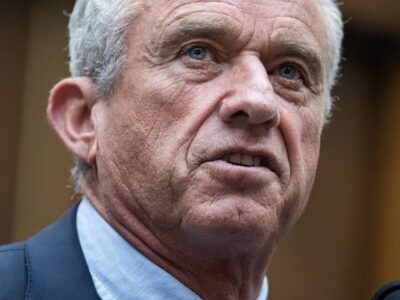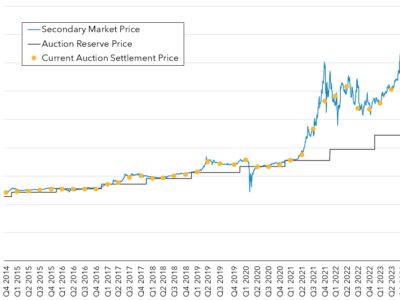Early endangerment finding fallout
As Dan discussed here, on Monday EPA finalized its finding that greenhouse gas emissions endanger public health and welfare. The new rule won’t be effective until 30 days after its publication in the Federal Register, but it is already generating spin and promises of litigation.
- Even before the final finding was issued, the Center for Biological Diversity had petitioned EPA to set a National Ambient Air Quality Standard for CO2 at 350 ppm. CBD has also posted a working paper on using the Clean Air Act to address climate change, which points out that setting a NAAQS would leverage current state efforts to control GHG emissions, and that state planning efforts could address the gaps that are inevitable in any cap-and-trade strategy. Don’t hold your breath waiting for a NAAQS, though. Although this endangerment finding does seem to make one mandatory, there are plenty of ways for EPA to drag its heels or for Congress to step in. At the press conference announcing the endangerment finding, EPA Administrator Lisa Jackson reportedly said that she does not view a greenhouse gas NAAQS as “advisable,” but that the agency would review the petition. E&E News (subscription required) had the quote of the day from David Bookbinder of the Sierra Club: “Despite global warming, hell will freeze over before there’s a NAAQS for CO2.”
- From the other direction, immediately following announcement of the endangerment finding, the Competitive Enterprise Institute issued a press release declaring its intent to challenge the finding in federal court, “on the grounds that EPA has ignored major scientific issues, including those raised recently in the Climategate fraud scandal.” E&E reports that Jackson was not fazed, responding: “Raising doubts — even in the face of overwhelming evidence — is a tactic that has been used by defenders of the status quo for years. Those tactics have only served to delay and distract from the real work ahead, namely, growing our clean energy economy and freeing ourselves from foreign oil that endangers our security and our economy.”
- And of course the speculation has already begun about how the endangerment finding might affect the Senate’s work on a climate bill. E&E suggests (subscription required) the effect may be minimal, because it had been expected since the proposed finding was issued last spring, so that fence-sitting Senators had already factored it into their thinking. The finding may have more impact at Copenhagen (and its release may have been timed with that in mind). Jackson spoke at the COP 15 conference today and, according to the Washington Post, her mention of the endangerment finding drew the most applause.








Reader Comments